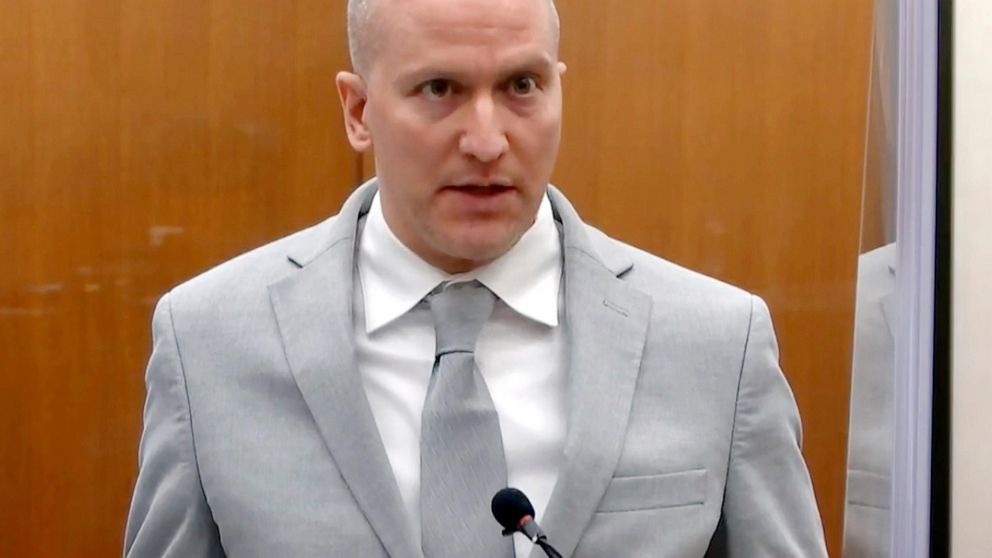MINNEAPOLIS — The Minnesota Court of Appeals on Monday upheld former Minneapolis police officer Derek Chauvin’s second-degree murder conviction in the killing of George Floyd, and let his 22 1/2-year sentence remain in place.
Chauvin’s attorney had asked the appeals court to throw out the ex-officer’s convictions for a long list of reasons, including the massive pretrial publicity. He also argued that legal and procedural errors deprived Chauvin of a fair trial. But the three-judge panel sided with prosecutors who said Chauvin got a fair trial and just sentence.
Floyd died on May 25, 2020, after Chauvin, who is white, used his knee to pin the Black man’s neck to the ground for 9 1/2 minutes. A bystander video captured Floyd’s fading cries of “I can’t breathe.” Floyd’s death touched off protests around the world, some of which turned violent, and forced a national reckoning with police brutality and racism.
“Police officers undoubtedly have a challenging, difficult, and sometimes dangerous job. However, no one is above the law,” Appeals Judge Peter Reyes wrote for the panel. “When they commit a crime, they must be held accountable just as those individuals that they lawfully apprehend. The law only permits police officers to use reasonable force when effecting a lawful arrest. Chauvin crossed that line here when he used unreasonable force on Floyd.”
Minnesota Attorney General Keith Ellison, who assembled the prosecution team, said in a statement that he was “grateful we have a system where everyone, no matter how egregious their offense, is entitled to due process and fair treatment.”
“The Court’s decision today shows once again no one is above the law — and no one is beneath it,” Ellison said.
A voicemail and emails were sent to Chauvin’s attorney, William Mohrman. He argued on appeal that the trial judge should have moved the case out of Minneapolis because of extensive pretrial publicity and unprecedented security precautions due to fears of violence.
“The primary issue on this appeal is whether a criminal defendant can get a fair trial consistent with constitutional requirements in a courthouse surrounded by concrete block, barbed wire, two armored personnel carriers, and a squad of National Guard troops, all of which or whom are there for one purpose: in the event that the jury acquits the defendant,” Mohrman said in oral arguments in January.
But Neal Katyal, a special attorney for the state, argued that Chauvin got…
Click Here to Read the Full Original Article at ABC News: Top Stories…

